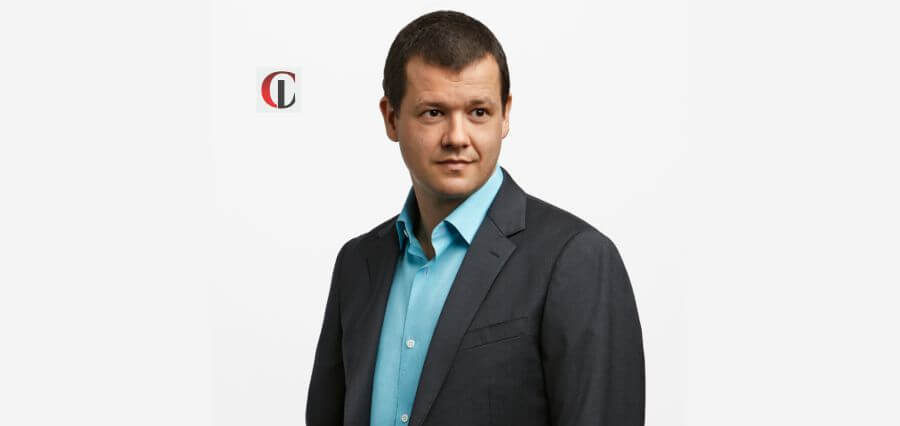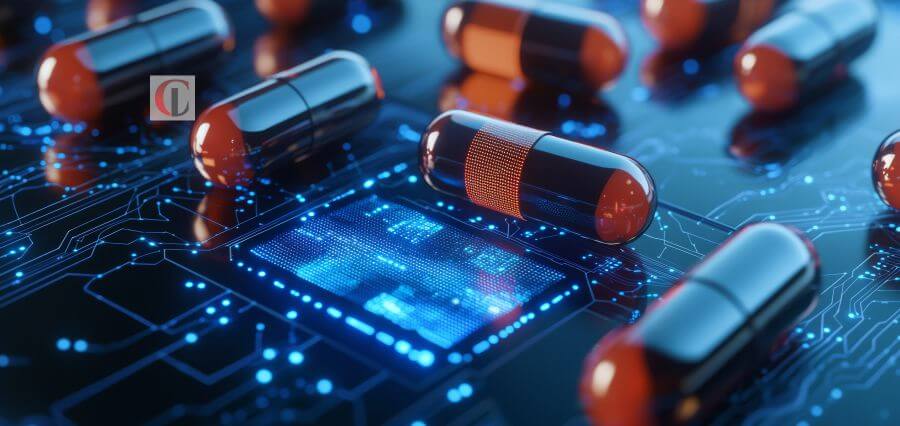In a challenging climate for battery startups, Sila has secured $375 million to complete the construction of a U.S. factory aimed at scaling its next-generation battery technology for clients like Mercedes-Benz and Panasonic by the end of 2025. Sila, previously known as Sila Nanotechnologies, plans to finish constructing its Moses Lake, Washington plant in the first quarter of next year, where it will commence mass production of its Titan Silicon anode material.
The all-equity Series G round, led by existing investors Sutter Hill Ventures with participation from Bessemer Venture Partners, Coatue, Perry Creek Capital, and others, comes at a time when other electric vehicle (EV) battery companies are struggling to bring products to market and remain viable. Earlier this year, Ionic Materials closed its doors, and Umicore slashed its guidance due to a projected EV sales slump. Freyr Battery, which went public in 2021 by merging with a special purpose acquisition company, has also struggled to ramp up production for its next-gen battery.
“It’s obviously a very tough market out there for late-stage growth, anything with high capex and anything with EVs,” Sila founder and CEO Gene Berdichevsky told sources. “But we’ve got a great technology, we’re scaling, we’re on track with our factory, and this gets us through getting cars on the road, which is really the milestone that everybody in the world wants to see.”
Sila’s ability to raise such a substantial amount in a difficult environment could be seen as a vote of confidence in the company’s approach to battery chemistry and its scalability. Berdichevsky, who was the seventh employee at Tesla before founding Sila in 2011, has emphasized that getting the science right is not enough if it cannot be done in a fundamentally scalable way.
This is particularly crucial as hundreds of thousands of EVs are expected to hit the market in the coming years, and automakers are increasingly seeking to reduce their reliance on China for critical battery materials.





